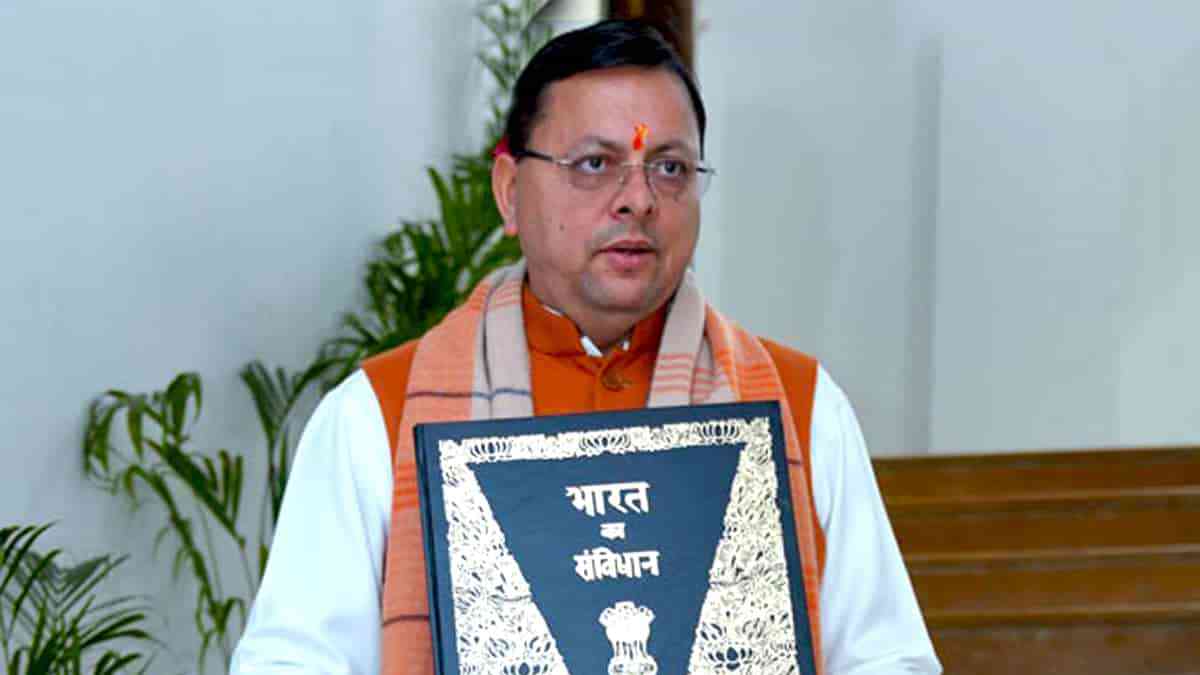Uttarakhand has set a historic precedent in India by becoming the first state to enact the Uniform Civil Code. The law seeks to alter the existing haphazard quality of personal laws for various religions. This reform, however, has sparked debate polarizing across the nation. Advocates celebrate the UCC as a desirable consequence of equality in action. On the other hand, naysayers fear the cultural ramifications of the legislation.
What do these alterations imply for the people of Uttarakhand? More broadly, why do critics find it a concerning cause of social division?
What is the Uniform Civil Code?
The Uniform Civil Code (UCC) in India suggests a unified set of personal laws for all citizens, irrespective of their religion. This includes areas such as marriage, divorce, inheritance, and adoption.
The intent is to promote equality and streamline legal processes by replacing laws that vary by religion while encouraging secularism and national unity.
Impact of UCC on Locals of Uttrakhand
The Uniform Civil Code (UCC) regulates matters like marriage, divorce, inheritance, live-in relationships, and related issues.
-
Formulates a uniform marriageable age for both men(21) and women(18).
-
Sets the same rules for divorce grounds and procedures across all religions.
-
Prohibits polygamy and "halal" practices.
-
Mental soundness has been made a sheer requirement. Marriage can only be legally recognized if both parties are mentally capable of consenting.
-
All marriages and live-in relationships must be registered.
-
Introduces changes in succession and inheritance laws, with a focus on clear documentation for wills and inheritance processes.
-
Sets equal rights in the property for sons and daughters.
-
Equal treatment for children adopted, surrogate, or conceived through assisted technology as that of a biological offspring.
-
Includes special provisions for soldiers, air force personnel, and mariners regarding wills.
The initiative appears to promote equality and fairness in the law, leading to greater empowerment for women of all religions, more comprehensive development for children, and a reduction in instances of illegal marriages, divorces, and fraudulent property claims.
Major Concerns with Uttarakhand UCC Bill
It’s important to recognize the criticisms that accompany UCC implementation in Uttrakhand. While Muslim personal laws have undergone significant changes with the UCC launch, particularly in areas such as marriage, divorce, and inheritance, there remains a conspicuous absence of similar legal reforms addressing the needs of Scheduled Tribes. This raises concerns that the focus may be disproportionately directed at Muslim personal laws, without considering the broader scope of necessary reforms for other marginalized communities.
Some legal experts also contend that the bill could infringe upon fundamental constitutional rights, especially those concerning religious freedom and equality under the law. This raises concerns about potential legal challenges even after the successful implementation of the law in the state.
While celebrating the implementation of UCC in Uttarakhand, the government must ensure that the rights of minority communities are respected and adequately addressed. A balanced, inclusive approach that values cultural, religious, and social diversity could help maintain peace and unity.
With inputs from agencies
Image Source: Multiple agencies
© Copyright 2024. All Rights Reserved Powered by Vygr Media.
The views expressed are personal to the author and do not reflect the platform's opinion of the same.





















